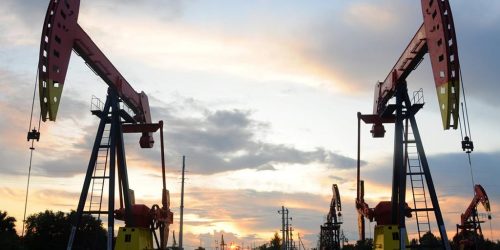The new policy prepared and finalised by the government for petroleum refining seems lucrative. Under the policy, an incentive package is on offer to those willing to establish deep conversion refineries anywhere in Pakistan.
Similarly, the plan also offers the same incentives to the local refineries provided they decide to upgrade themselves. The policy, which will be implemented once the Economic Coordination Committee (ECC) approves it, has many exemptions for the investors. The exemption from customs duty, withholding tax or any other levy on import of any capital goods required for refinery use can help the government in the expansion and upgradation of the oil refineries network in the country.
With the implementation of this policy, we can also expect that Aramco and Pak Arab Refinery Limited (PARCO) will start working on the construction of new oil refineries and petrochemical plants. While an earlier policy in 2020 was rejected by the local refining industry, the present one seems to have addressed the reservations voiced in the past.
The existing five refineries should also utilise this opportunity by upgrading their capacity and deploying the latest technology. The only condition for local refineries to qualify for the incentives is the condition of producing motor gasoline and diesel as per the government’s specifications.
The new policy can become a turning point for the local refiners, which had suffered from poor margins and utilisation rates for years. The government’s move to open up the oil trading business will not only incentivise new investors but can also stabilise the local industry.
Given that we only refine 60 percent of diesel and 30 percent of petroleum, the localisation of refined fuel production can help us in reducing the import bill significantly. If the new policy grabs investors’ attention, Pakistan might not need the finished products as an extra import. With the new policy, the government can reduce the burden on the national exchequer.





